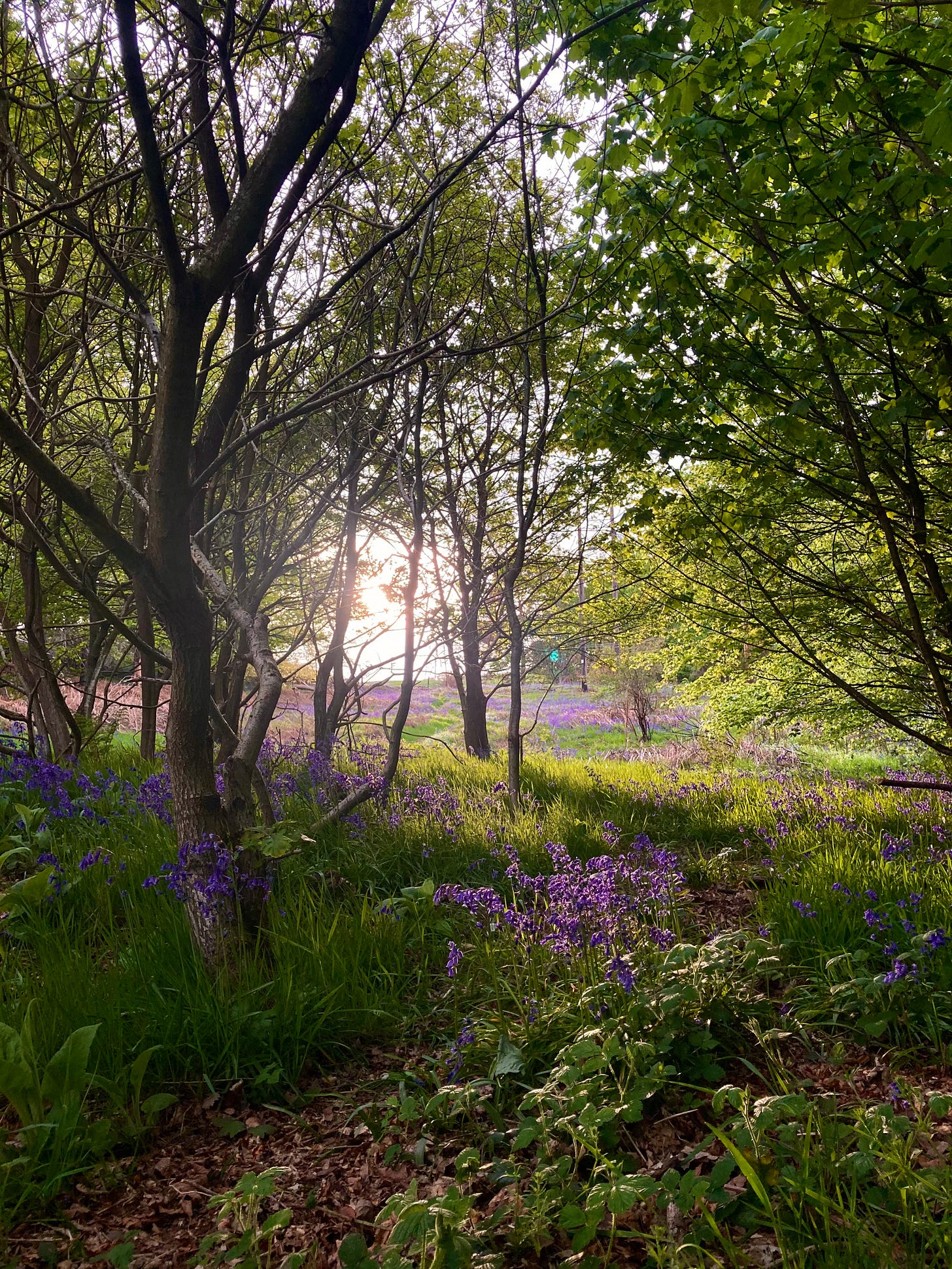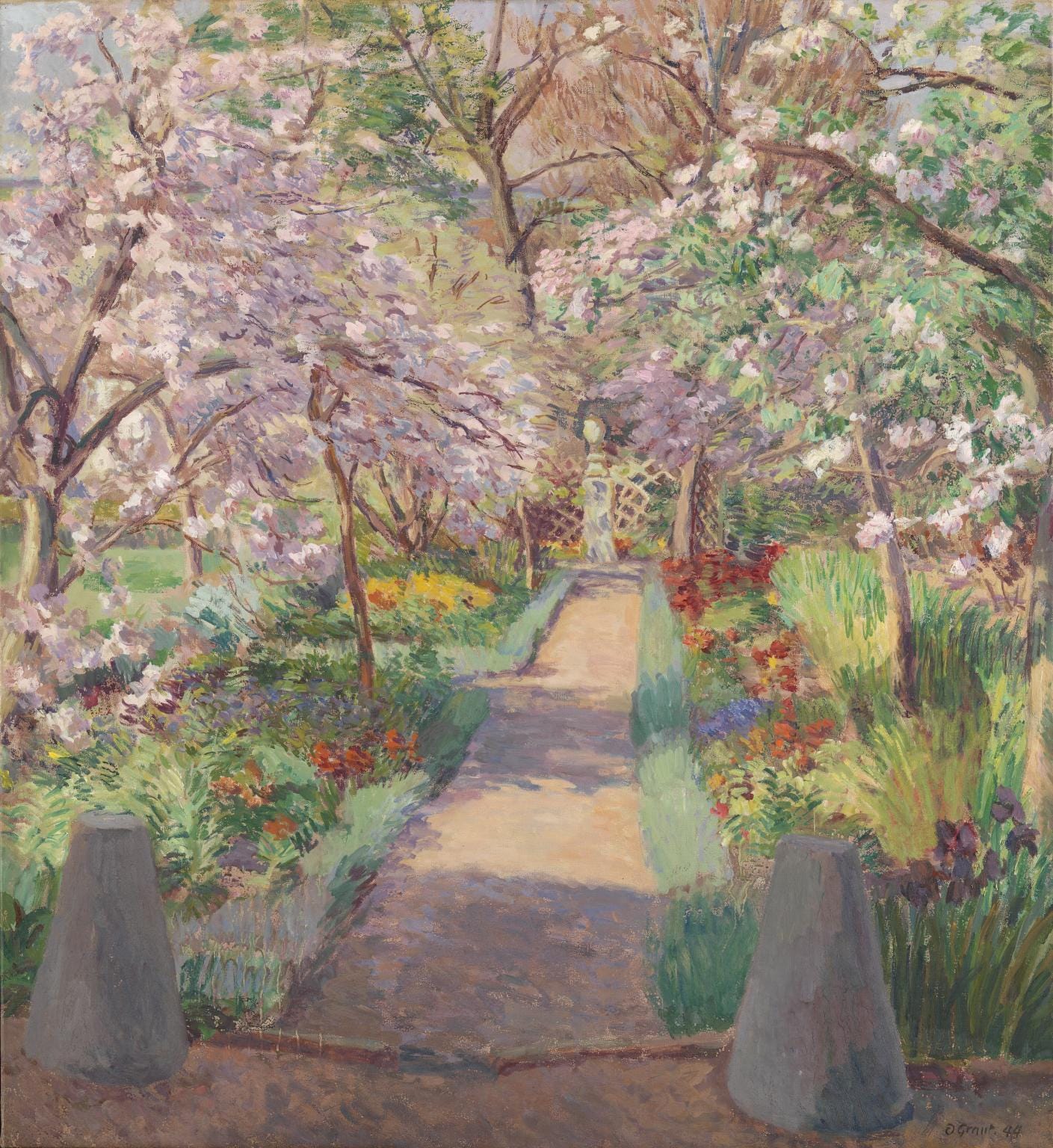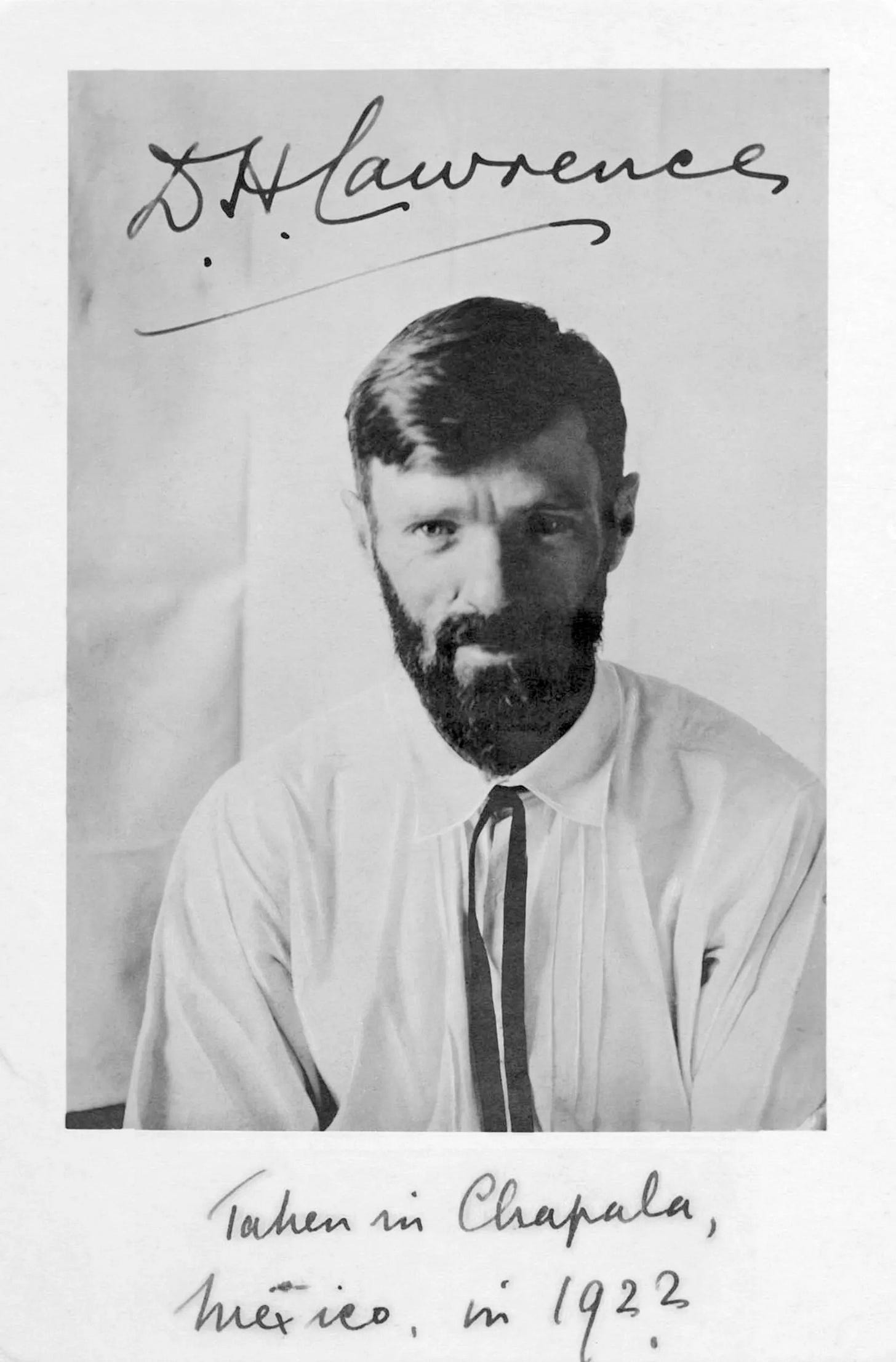Hello dearest reader,
Ah, Sunday. I hope you are feeling well on this most lyrical of days. Welcome to another instalment of Red Campion Post.
I just returned home from the city a few days ago and I cannot believe how transformed the place is after such a short period of time, and how wonderful it feels to roll around in the new, green world again.
A great deal of rain and a fair amount of sunshine seems to have engendered a growth race amongst the Plant folk, it would appear, and everyone is jostling for first place. I feel so grateful and overjoyed to be back in the garden, and I am so pleased to have returned in time to catch the final sprint of the bluebell season, too. The woods look their finest right now at this point in the year, and going for an evening walk as the sun falls and the curtain of night is slowly drawn on the day is like stepping into a dream. If you are yet to walk in a bluebell wood, dearest reader, I would definitely suggest trying to find out the location of a reputed bluebell spot within reasonable travelling distance and heading there as soon as possible for a nice, peaceful walk. I venture that you couldn't possibly regret spending time around such beautiful wildness, and celebrating the miracle that is your home, the Earth!
Bluebells or not, be sure to go out and enjoy any pockets of greenery around you this week, whenever you can — alone or with friends, for five minutes or for a whole afternoon, in sunshine or in rain. Because the land is our home, and it will welcome us and offer us so much. Always.

The garden, too, is inexhaustibly beautiful at the moment and gifts are everywhere to be found; no corner has been left untouched by the generous and excitable energies of early May. Tangles of wildness holding prodigal bouquets of food, medicine, beauty and intrigue; and in the cultivated garden, too, seeds sown only a short few weeks ago by hopeful hands have transformed into eager, fleshy young plants, devotedly coveting sunshine and the nectar of life-giving rain. I wonder, what changes have you noticed in your garden, dearest reader? Even if that garden is just a wee window box, a plant pot at your front door or an overgrown backyard, there’s always, always changes happening, ready to be witnessed by curious eyes and absorbed by open hearts.
With all of this growth there is much work to be done. Luckily, I am starved of the joy of hands in dirt, and I am ready to throw myself into it. There are beans, squash, sweet peas, potatoes, turnips, tomatoes, hemp, calendula, sunflowers and so, so many more little friends to attend to. The success of germination and the rate of rapid growth has made for an excellent start for all of these little lives, and I can only hope that this has set us up for a potentially bountiful harvest later in the year. Green fingers crossed.
Garden-talk aside, let us continue on to what I have in store for you today, which is simply a beautiful poem from one of my favourite writers, D. H. Lawrence. I do hope you enjoy it, and that you can find some time to rest up today.
Peace and warm wishes,
Anna Margarita
x
The Enkindled Spring by D. H. Lawrence
This spring as it comes bursts up in bonfires green, Wild puffing of emerald trees, and flame-filled bushes, Thorn-blossom lifting in wreaths of smoke between Where the wood fumes up and the watery, flickering rushes. I am amazed at this spring, this conflagration Of green fires lit on the soil of the earth, this blaze Of growing, and sparks that puff in wild gyration, Faces of people streaming across my gaze. And I, what fountain of fire am I among This leaping combustion of spring? My spirit is tossed About like a shadow buffeted in the throng Of flames, a shadow that's gone astray, and is lost.
If you would like to, you can listen to me reading The Enkindled Spring below. I’ve also added in some sweet birdsong and forest sounds that I recorded in the woods two weeks ago on May eve, to help transport you to the “blaze / Of growing” that Lawrence speaks of in this poem.
If you sometimes find poetry to be a little inaccessible, you may enjoy hearing it read aloud. I find that this can help to lift the words off the page and out of the two-dimensional realm, thus allowing us to better connect with them.
The voracious energy of Spring fills this wonderful poem from one of the greatest and most complex writers in the canon of English literature.
D. H. Lawrence was a masterful weaver in the crafts of poetry and prose, with a beautifully nuanced ability to capture the mysteries of human folk and the landscape in which they inhabit. And what could be more true than what he speaks of here — for is not the land so alive in the sweeping melody of Springtime, pledging itself to renewal? And where is our place in this majesty, are we of this selfsame energy? As Lawrence asks, “what fountain of fire am I among / This leaping combustion of spring?”
In three simple verses, Lawrence paints a vivid, animated picture of the season that delivers itself like a perfectly kept promise to us each and every year; the land is “wild”, “flame-filled", set ablaze in “green fires”. It is almost violent in its splendour, moved by something far greater than us; something that, in many ways, we cannot comfortably comprehend. His words also contemplate an alienation from the land and its expressions, as Lawrence wanders, “amazed” and yet “gone astray…lost.”
Perhaps Lawrence expresses a feeling here that serves to transcend the personal universe of the poet, capturing instead a species-wide alienation from the land; one that has contorted our experience of what it means to be alive today as human beings. As we walk through the garden of Earth’s splendour, we know we are of the land. We feel it, somewhere within us. We are moved by it, and somehow it knows us well — it has not forgotten us. And yet, still, there remains something standing between us and it. And that something is the very separation itself — the notion that we are apart from the Earth; our folly in failing to understand the land beyond its function as a pool of resources.
In the eyes of Lawrence, it was the motions and mechanisms of industry that tore us from the breast of the land and forced us into a servitude — not of Earth but rather, of machine. As a writer, he was deeply concerned by what he believed to be the ravaging of the human soul by forces of industrialisation, and, as such, it’s little surprise that this poem is coloured by the imagery of “sparks”, “smoke”, “fumes” and “combustion”, serving to evoke the picture of a natural landscape that is coloured by the mechanical menace of man. However, unlike the fires stoked by the industrial landscape that Lawrence grew up within - raised as he was in the impoverishment and flaming fervour of a midlands coal mining community in the late 1800s - the fires of Earth’s renewal do not wish to harm us; rather, they are born of the same force which courses, too, through our own veins, though we may have lost our way.
Lawrence would grapple with this sense of alienation, this sense of wandering adrift from an essential aspect of ourselves, all throughout his short life. He looked upon a world of cogs and coal and whirring machinery, and the way that it laid waste to the land and to the working-class people, and he mourned the contortion of the human spirit that was once so close and so kindred to the Earth. Lawrence continuously revisited these themes within his work, time and time again, serving to proffer many essential questions to his readers.
Spring comes to the Earth each year, bringing vivid renewal and the quickening pulse of Life, but do we always embrace it for what it is — as an opportunity to reconnect with each other and with the land? Perhaps this moment - wrapped as we are in the arms of May - is the perfect time to reflect upon this very question.
A note to you, dearest reader: Poetry is a very personal thing, and poems are strange beasts whose meanings and messages are not only plentiful and varied but are also, in truth, intended to allude and curtail us somewhat. There is no right or wrong way to understand or experience a poem, and a great poem can engender so many different feelings and thoughts. My short contemplation here of this poem by D. H. Lawrence is only my own reading of the work and a little glimpse of what it has offered up to me. Held within the words of this poem or any other, you will likely find many different meanings that resonate with you - meanings that are just as valid as any that you may find in someone else’s analysis. So read on, and trust and embrace how a poem makes you feel.








This is beautiful ❤️